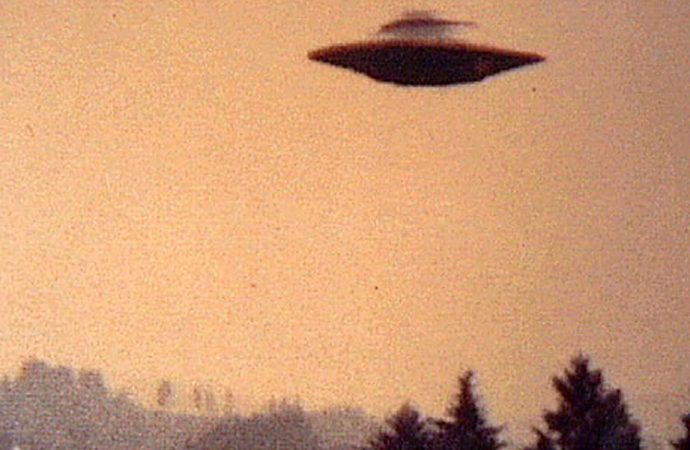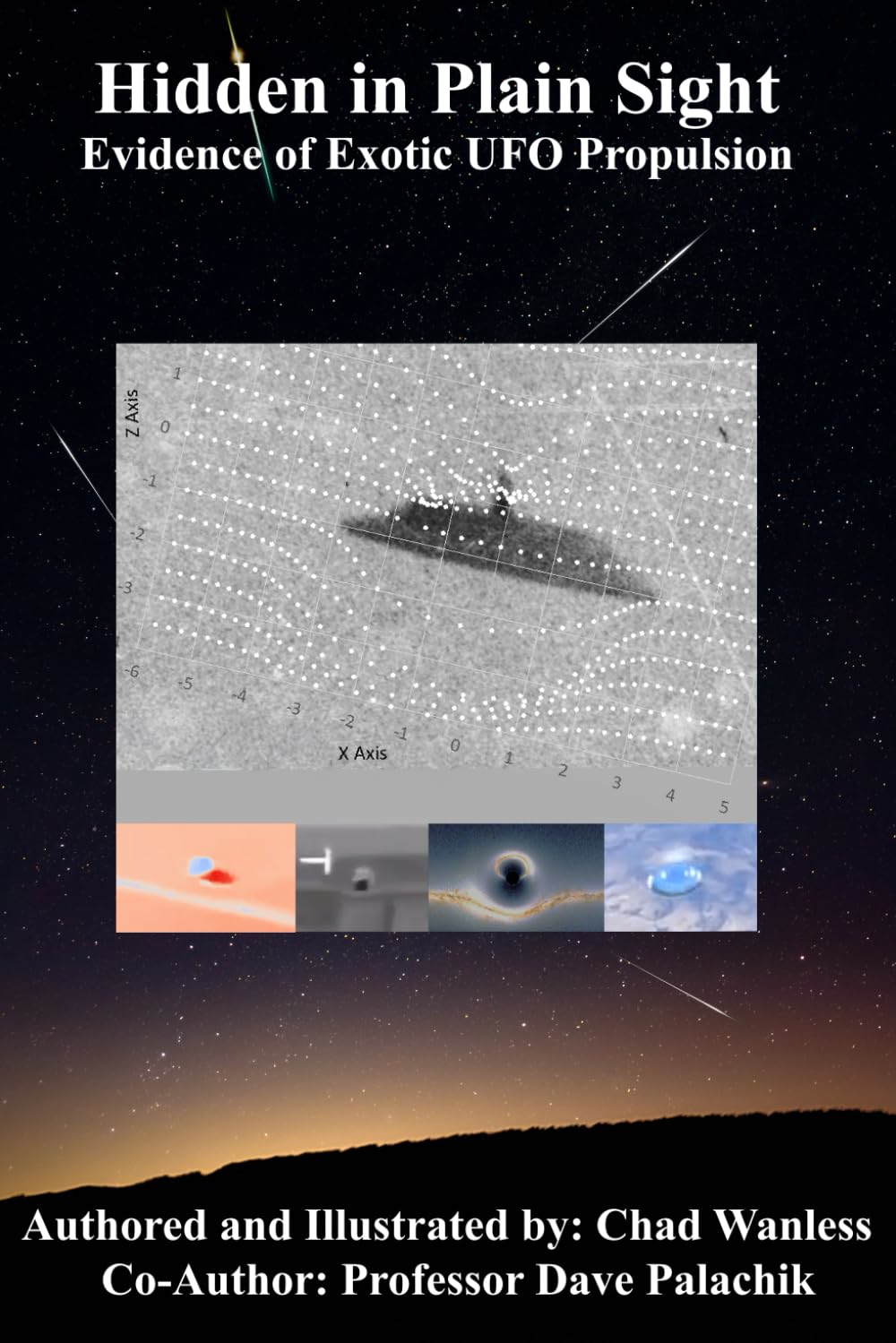Alien director Ridley Scott says he believes extraterrestrial beings exist – and that when they come to Earth, we should “run for it”.
Nick Pope used to investigate UFOs for the British government. Here, he gives his verdict on Scott’s claims – and on how well equipped we’d be to survive an alien invasion.
If there’s other life out there in the universe, it’s unlikely that humans will be smarter and tougher than everyone else.
The mediocrity principle suggests we’ll be somewhere in the middle, with Earth being an ordinary planet, and humanity being similarly unremarkable.
In a universe nearly 14 billion years old, it’s possible to imagine civilisations millions of years ahead of our own, and the sci-fi writer Arthur C. Clarke said that “any sufficiently advanced technology is indistinguishable from magic”.
This prospect has worried scientists like Stephen Hawking, who believes there’s a potential threat from aliens. So Ridley Scott may be right.
Intelligence won’t cut it
The Xenomorphs in the Alien movies aren’t smarter than us, but they are lethal.
Before we argue that our intelligence would see us through any real-life encounter with aliens like this, we should remember that anatomically, modern humans have existed for only around 200,000 years, while ‘civilisation’ is only a few thousand years old.
Sharks, by comparison, have been around for approximately 450 million years, so the jury’s out on whether being smart is going to be a truly successful survival strategy for us.
There is no plan
Despite what some people in the UFO and conspiracy theory community think, the government doesn’t have an alien invasion war plan.
If they did, I’d probably have been the person asked to draft it.
However, there are some real-life contingency plans for encountering aliens.
The radio astronomers at the SETI (Search for Extraterrestrial Intelligence) Institute have protocols on what to do if they detect a signal (verify it and then tell everyone), while NASA’s Office of Planetary Protection has the task of protecting Earth’s biosphere from contamination from any alien lifeforms that might be brought back after space missions.
In the Alien franchise “The Company” (the Weyland-Yutani Corporation) wanted to acquire an alien for their bioweapons division.
Clearly, like NASA, they should have been more cautious about this.
Immortal thinking machines?
Ridley Scott’s aliens are as much horror as sci-fi, and the franchise gets a lot of things right.
The life-cycle and social organisation of the aliens incorporates traits found in eusocial species such as wasps, and in endoparasites, that live in their hosts.
The look of the aliens has been described as bio-mechanical, blending organic and mechanical elements. This ties in with the view that when humanity encounters extraterrestrials, they may be machine intelligence.
I attended two Royal Society discussion meetings in 2010 where the issue of AI came up and where a former NASA Chief Historian, Steven Dick, speculated that we may be living in a largely post-biological universe, and might one day encounter “immortal thinking machines”.
Dealing with the threat
Other elements of the Alien franchise seem similarly prophetic. ‘The Company’ is consistent with the increasing role that private companies are playing in the space programme.
In a nod to pop culture, the reboot of the franchise that started with Prometheus and continues with Alien: Covenant references the ancient astronaut theory, which holds that extraterrestrials visited Earth in the past, and were worshipped as gods.
Whatever the truth of all this, if Scott’s aliens, or something like them, ever came to Earth, we would be in big trouble. How would we deal with the threat?
Ellen Ripley was right, in Aliens, when she recommended nuking the entire site from orbit. It’s the only way to be sure.
































Leave a Comment
You must be logged in to post a comment.